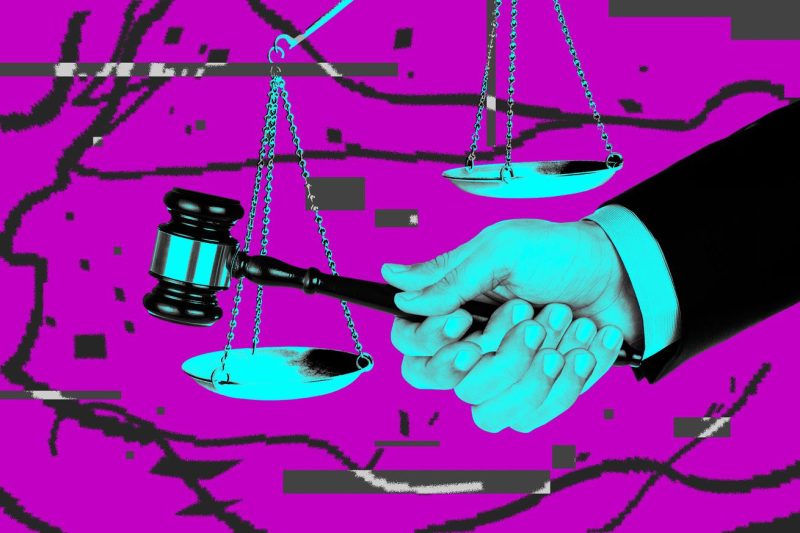In today’s digital age, the importance of protecting the intellectual property rights of content creators cannot be understated. With the advent of advanced technologies like artificial intelligence (AI) and the increasing prevalence of online content sharing, the issue of digital piracy has become more prevalent than ever before. One of the ways in which content creators protect their work is by embedding digital watermarks, which serve as a unique identifier of the creator and their ownership rights.
However, a new legislative proposal known as the AI Focused Copied Act aims to make removing digital watermarks illegal. While on the surface this may seem like a positive step towards protecting content creators, the implications of such a law are not without controversy and potential unintended consequences.
Advocates of the AI Focused Copied Act argue that making the removal of digital watermarks illegal will deter individuals and entities from engaging in copyright infringement and unauthorized use of copyrighted materials. By establishing legal consequences for tampering with digital watermarks, the law could serve as a deterrent and help enforce the rights of content creators.
On the other hand, critics of the AI Focused Copied Act have raised concerns about potential limitations on freedom of speech and expression. They argue that such a law could be used to stifle legitimate forms of content sharing and remixing, hindering creativity and innovation in the digital space. Additionally, there are practical challenges associated with enforcing a blanket ban on the removal of digital watermarks, as sophisticated tools and techniques exist to bypass such protection measures.
Furthermore, the rapid advancements in AI technology raise questions about the effectiveness of relying solely on digital watermarks for copyright protection. As AI algorithms become more sophisticated, they can easily identify and remove watermarks from digital content, rendering them ineffective as a reliable means of attribution and ownership verification.
In conclusion, while the intentions behind the AI Focused Copied Act may be noble in aiming to protect the rights of content creators, the practical implications and potential challenges associated with such legislation cannot be overlooked. As technology continues to evolve, policymakers must strike a delicate balance between protecting intellectual property rights and fostering a culture of creativity and innovation in the digital realm.
